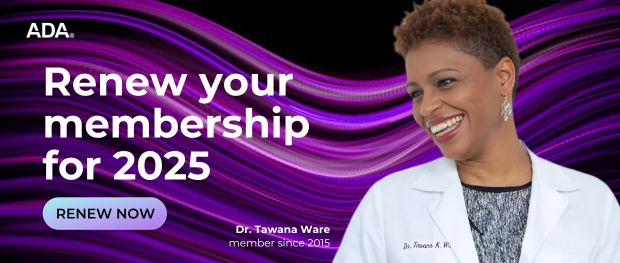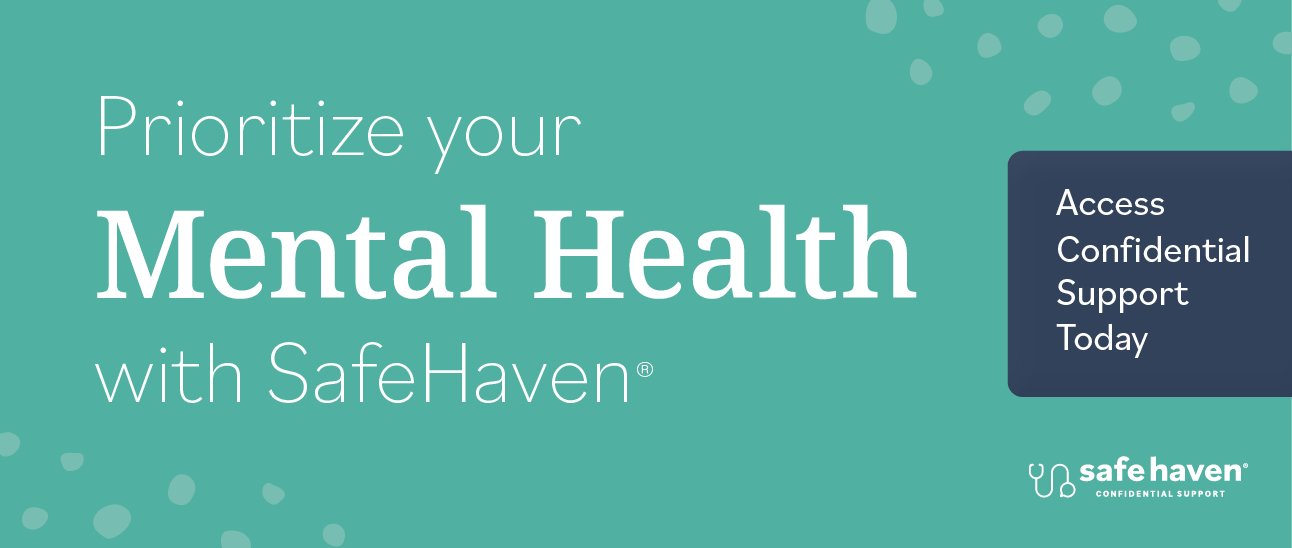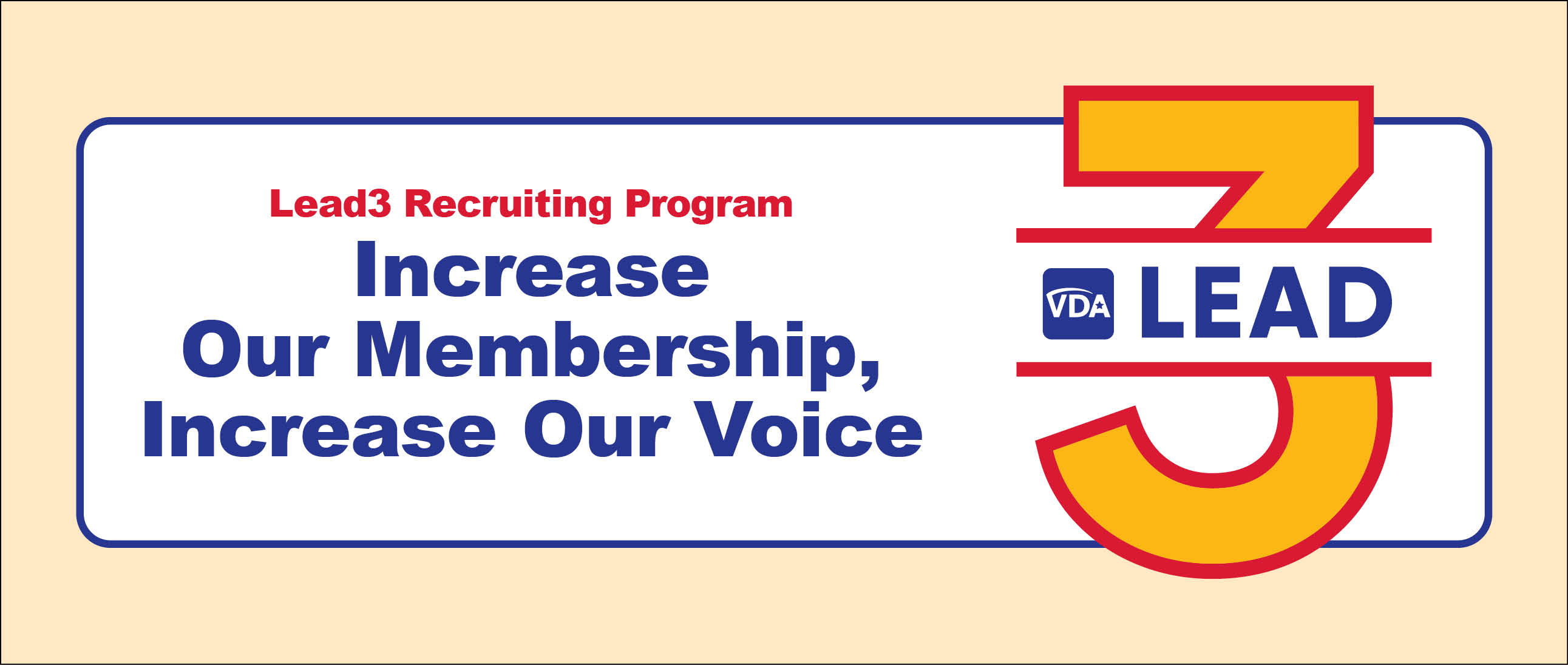ADA to Delta Dental: Stop objectionable practices in EOBs
Various Delta Dental plans have engaged in "highly objectionable practices" in their explanation of benefits statements that threaten the doctor-patient relationship, wrote ADA President Gary L. Roberts and ADA Executive Director Dr. Kathleen T. O'Loughlin in an Aug. 9 letter to the president/CEO of the Delta Dental Plans Association.
Drs. Roberts and O'Loughlin assert to Steven R. Olson that some Delta plans' explanation of benefits statements are "inappropriate" in two ways:
- Providing a list of Delta Dental network participating dentists who might charge less than the nonparticipating dentist they recently sought treatment from.
- Including unsolicited and unsupported medical opinions from insurance company dentists who were not involved in the treatment.
"We write to ask that you direct these plans to stop engaging in these practices immediately," Drs. Roberts and O'Loughlin wrote.
The explanation of benefits, Drs. Roberts and O'Loughlin said, should be "simple, direct and uncluttered," and the other information Delta Dental is including "amounts to interference in the doctor-patient relationship."
The first of two practices the ADA objects to concerns claims for services provided by a nonparticipating dentist. "It has come to our attention that some plans' EOBs … exhort patients to abandon that dentist and find a participating provider. The EOBs even include the names of participating providers along with their addresses and telephone numbers," according to the letter.
This practice "carries the strong implication that the dentist may have gouged the patient," Drs. Roberts and O'Loughlin wrote.
The second objectionable practice, the ADA leaders said, happens when a plan, presumably on the advice and recommendation of a licensed dentist employed by the plan, disallows a certain procedure performed by the providing dentist, deeming it medically unnecessary. The explanation of benefits "contains what cannot be categorized as anything other than an unequivocal medical opinion. Moreover, the objectionable nature of this practice is exacerbated by the fact that the medical opinion is rendered in all cases by an insurance company dentist who has not examined or communicated with the patient. In effect, this is practicing dentistry by mail."
The second practice, the ADA adds in the letter, amounts as an "accusation that the treating dentist has engaged in improper practices and perhaps has even committed a form of malpractice." This constitutes "gross interference in the doctor-patient relationship."
Dr. Steven I. Snyder, vice chair of the Council on Dental Benefit Programs, said, "Members have rightfully flooded our inboxes with complaints about these incongruous provisions," he said." The ADA is working actively to resolve this matter by insisting for quick remedies to these obviously faulty practices." In late August Delta Dental Plans Association acknowledged it received the letter and has asked for additional information.







